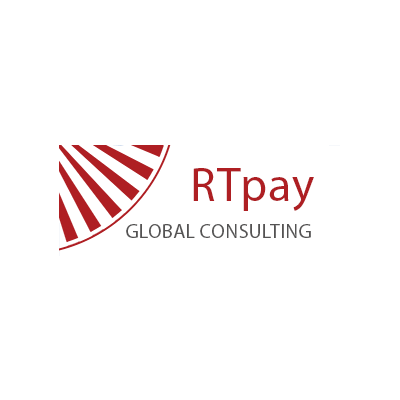Analyzing educational systems for refugees to earn reliable employment
 A key aspect of RTpay is for EDUCATION in Turkey, Jordan and Greece, where short-term development of usable skills, social training and linguistic assistance can be provided to selected refugees.
A key aspect of RTpay is for EDUCATION in Turkey, Jordan and Greece, where short-term development of usable skills, social training and linguistic assistance can be provided to selected refugees.
Whether those jobs are eventually in the EU, mainly Germany, or in their homeland or where they are being trained, the necessary early learning can best be performed ahead of entry. Understanding and acknowledgment of the social structure of their intended destination is a prerequisite to gaining acceptance in the new environment.
It is important that the three component strands of education services are fully integrated. The time available to refugees in the educational establishments will be limited to approximately 6 months. A fully integrated suite of learning and assurance pathways will provide the most efficient and effective approach to make use of this timeframe.
The three education strands comprise:
- Cultural Education Services – building an understanding of the cultural morés of the receiving country and providing guidance on acceptable cultural behaviors.
- Language Education Service – providing basic language skills development for the target language of the receiving country.
- Skills Assurance and Development Services – providing skills assurance/testing and development to pre-qualify refugees for employers in the receiving country.
The 70:20:10 approach is increasingly being used for adult learning in organizations around the world. It forms the basis of most apprenticeship schemes – providing ‘real life’ experiential learning opportunities, learning from coaching, mentoring and through extracting lessons from the network of others. It also requires access to basic structured training to help get started.
The 70:20:10 framework requires designing for performance rather than for learning. As such, much of the learning will need to be practical and performance-focused. Observational assessment will be a critical part of the process.
For more information on RTpay’s adoption of the 70:20:10 pedagogy, see RTpay Education Policy 702010

